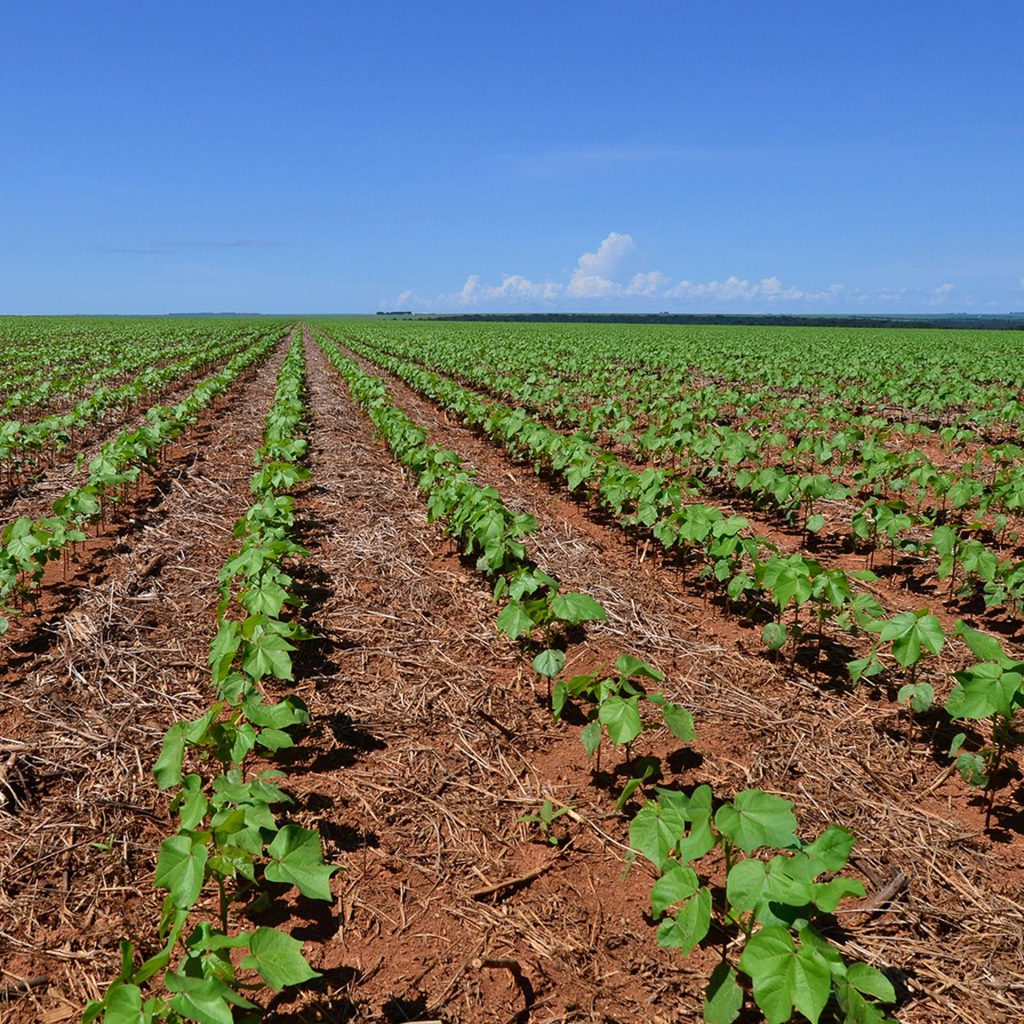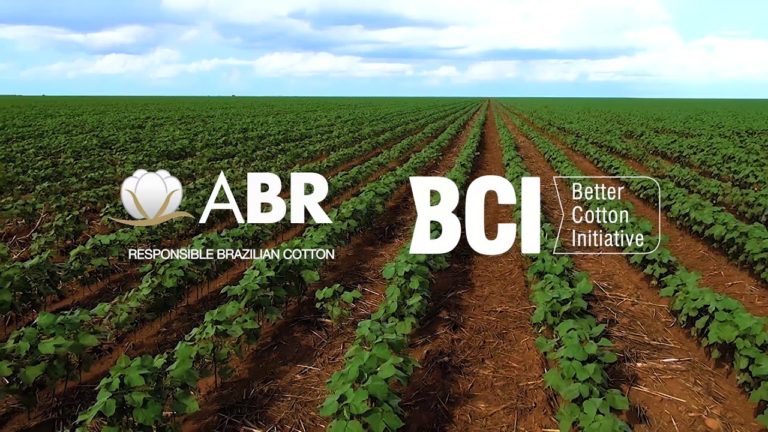How the Responsible Brazilian Cotton program (ABR) fosters sustainability in farms
Brazilian cotton |
The evolution of the ABR program shows the commitment of the Brazilian cotton sector to sustainability. Learn more about how this process works and why choosing the Brazilian fiber means choosing responsibility.
Sustainability has definitely entered the agenda of governments, entities, and corporations worldwide. As a true pioneer, the cotton industry was one of the first to address the issue in Brazil and to encourage good social and environmental practices with the launch of the Responsible Brazilian Cotton (ABR) program. The initiative by the Brazilian Cotton Growers Association, Abrapa, dates back a decade, with a growing commitment from Brazilian farmers: we moved from having 47% of the national production certified, in 2011/12, to 75% in the 2019/20 crop, and we expect that figure to increase in the 2020/2021 cycle.
The ABR promotes the sustainable management of farms through the progressive evolution of good social, environmental, and economic practices. The certification of each production unit involves compliance with 178 items, ranging from workers’ health, safety, and well-being, to the protection of springs and the preservation of biomes and of the soil. For the first certification crop, a minimum compliance level of 85% is required. The number goes up to 87% for the second crop, 89% for the third, and 90% for the fourth, and this level is to be maintained in order to obtain new certifications. The audits are annual, individual, and carried out by third party certifying bodies.

Do all Brazilian growers participate in the ABR program?
Although voluntary, farmer adhesion grows every year, a proof of the sector’s engagement. In the 2019/2020 crop, the volume of certified lint reached 2.2 million tons, 8% higher than in the previous cycle. The certified area reached 1.24 million hectares, for a total planted area of 1.66 million hectares.
Among the first certified production units in the country are the Mizote Group farms, located in western Bahia, which have participated in the Responsible Brazilian Cotton program since its implementation, in the 2011/2012 crop.
“Being ABR certified brings benefits not only to the image of our group, but also good operating results. With adequate procedures, everything improves: from the organizational climate to routine activities, with less waste and more with satisfied employees, who work better,” says Paulo Mizote, president of the group.
The JHS group is also among the pioneers of the ABR. “The integrity of the ABR Program teams on the farms motivates us all to walk together. Their guidance adds effective gains for the entire chain and for all the professionals involved, generating safety, good yields, and environmental balance inside and outside the farm,” says Roland Van der Groes, the group’s manager.
Luana Boff, owner of the Indaiá Farm, located in Chapadão do Sul (MS), acknowledges Abrapa’s and the state association’s support in implementing good field practices. “The partnership between Abrapa and Ampasul enables us to receive daily assistance and monitoring, so that we can achieve excellence in sustainable production, through the environmental, social, and economic pillars,” she says. In the search of environmental and social balance, the Indaiá Farm works with precision agriculture, no-till planting, diversity of cultivars, and an integrated crop-livestock system. “We provide a good quality of life to our employees and their families and seek to improve work safety everyday”, says Luana.
Haroldo Cunha, cotton grower in Goiás and president of the Brazilian Cotton Institute (IBA), stresses the commitment to sustainability as a distinguishing factor for the Brazilian lint in international markets. “If today we are the fourth largest cotton growers and the second largest cotton exporters in the world, the ABR Program has played a decisive role in this process,” he adds.

The farm is the starting point of a responsible chain
Good practices have evolved with the program. Marco Antonio Gonçalo dos Santos, operational coordinator of IMAmt – the technological arm of the Mato Grosso Cotton Growers Association (AMPA) – has been guiding farmers in the certification process since the first ABR crop. “Initially, there was a lack of knowledge about how to apply the legislation. Growers thought it would be very complicated, they were afraid to welcome technical teams”, recalls Santos. “Today the culture is totally different, most have done their homework and now the program provides peace of mind to farmers,” he concludes.
This is also the assessment of the Brazilian Association of Technical Standards – ABNT, one of the certifying bodies that are responsible for the audits and for issuing the ABR certificate. According to ABNT’s Management Systems Certification coordinator, Antônio Simões Parente, the audits carried out over the years have witnessed the evolution that took place at the management level of farms. This results in a positive, differentiated image for growers, ensuring their permanence in a globalized market,” says Parente.
For Abrapa’s president, Júlio Cézar Busato, the commitment of Brazilian farmers to continuous improvement and sustainable practices tends to be reverted into greater profitability. It is a matter of time. “We are working hard to show the world that we are the largest responsible cotton growers on the planet, and to add value to the Brazilian lint”, Busato adds.

The Brazilian program works in partnership with an international NGO
Since 2013, the Responsible Brazilian Cotton program has worked in benchmark with the Better Cotton Initiative (BCI), a global non-governmental organization that gathers the world’s major brands – such as Nike, Adidas, Ralph Lauren, Levis, H&M, among several others – on its board of directors and promotes the adoption of sustainable practices in the cotton production process. In 2019, Brazil became the largest supplier of responsible cotton in the world, accounting for 36% of all the Better Cotton fiber produced and traded.
The ABR and the BCI are guided by the same principles: raising awareness and providing guidance the entire cotton production and commercial chains on the importance of fair labor relations and environmental responsibility in the field. Coordinated nationally by Abrapa and implemented by the state grower associations, the ABR/BCI benchmarking is a distinguishing factor for Brazilian cotton.
BCI membership is optional for growers. The sustainability verification protocol of the two programs covers national and international legislation requirements, and are divided into eight criteria: (1) labor contract; (2) ban on child labor; (3) ban on forced or slave-like labor, or performed in degrading or unworthy conditions; (4) freedom to unionize; (5) ban on discrimination of people; (6) safety, occupational health, and the work environment; (7) environmental performance; (8) good agricultural practices.






